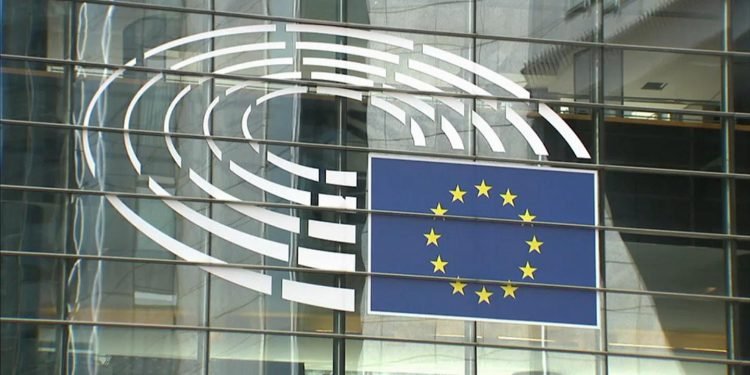Belgium (Brussels Morning newspaper) In a significant development, German MEP David McAllister, Chairman of the European Parliament’s Foreign Affairs Committee, has thrown his weight behind the European Political Community (EPC), an initiative aimed at fostering better international cooperation. The EPC’s third meeting, held in Granada, Spain, brought together leaders from across Europe to discuss how the continent can become “more resilient, prosperous, and geostrategic.”
The gathering, attended by 44 heads of state and government, marked a pivotal moment in the EPC’s journey. Building upon the foundation laid by its previous meetings, the leaders engaged in discussions concerning the future of Europe and the vital role the EPC could play in EU enlargement.
Mr. McAllister, who has been an advocate of the EPC, highlighted the importance of informal exchanges among key players in a time marked by serious conflicts in regions such as Ukraine, the Western Balkans, and the Caucasus. He explained, “The opportunity to engage with a wider range of partners than usual can offer serious long-term benefits for everyone involved.”
Furthermore, the EPC meeting underscored the forum’s potential in facilitating EU enlargement. McAllister noted, “Heads of government sent an implicit, yet clear, signal that the European Union wants to grow.” He identified Montenegro, North Macedonia, Albania, Bosnia and Herzegovina, Moldova, and Ukraine as having a serious prospect of eventually becoming EU member states. However, he emphasized the need for “serious reforms on both sides: The candidate countries must make themselves fit for the EU, and the EU must make its institutions fit for new member states.”
The European Political Community’s primary objectives are:
- Foster political dialogue and cooperation to address issues of common interest.
- Strengthen the security, stability, and prosperity of the European continent.
It’s important to note that this platform for political coordination does not seek to replace any existing organization, structure, or process at this stage.
The EPC has met three times thus far, with the initial meeting in October 2022 focused on peace and security issues, especially Russia’s war in Ukraine, and the energy crisis. The subsequent gathering in June 2023 saw discussions on joint efforts for peace and security, energy resilience, connectivity, and mobility in Europe.
Membership in the European Political Community extends to all 27 EU member states, EU accession candidates (Albania, Montenegro, North Macedonia, Moldova, Serbia, Turkey, Ukraine), and potential EU accession candidates (Bosnia and Herzegovina, Georgia, Kosovo). Additionally, Andorra, Armenia, Azerbaijan, Iceland, Liechtenstein, Monaco, Norway, San Marino, Switzerland, and the United Kingdom are included.
The meeting in Granada was graced by the presence of top European leaders, including the President of the European Council, Charles Michel, the President of the European Commission, Ursula von der Leyen, and the President of the European Parliament, Roberta Metsola.
The EPC’s continued growth and the support it has garnered from prominent figures like MEP David McAllister indicate a positive trajectory for fostering international cooperation and addressing shared challenges within Europe and beyond.




